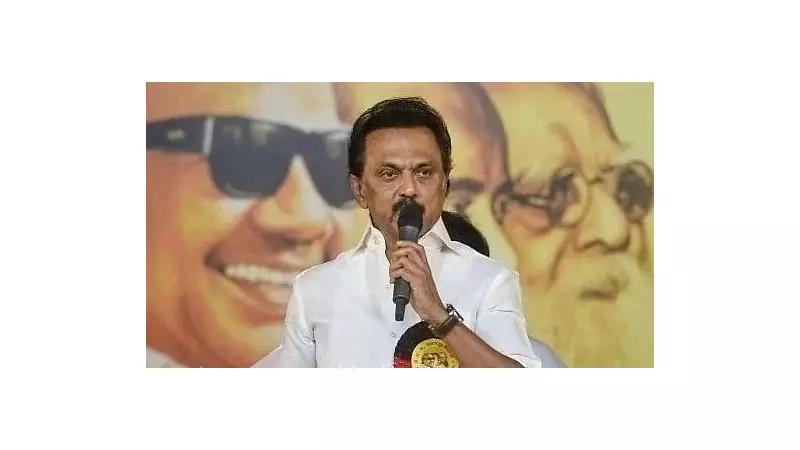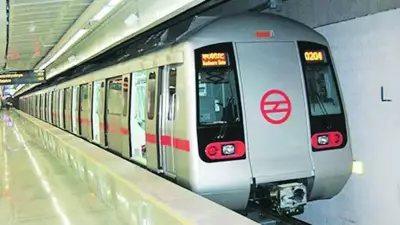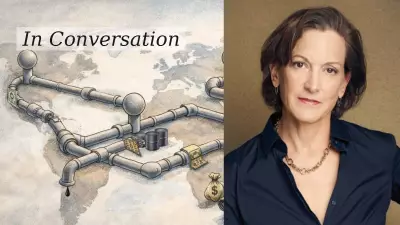
Tamil Nadu Chief Minister M K Stalin has launched a powerful campaign for constitutional reforms that would establish clear timelines for governors to act on state government bills. The DMK leader declared he would not rest until the Constitution is amended to prevent indefinite delays in gubernatorial decisions.
The Constitutional Reform Push
Speaking at a conference on the role of governors in the Indian constitutional framework, Stalin emphasized the urgent need for structural changes. The Chief Minister revealed that Tamil Nadu currently has 14 bills pending with Governor R N Ravi, some of which have been awaiting consideration for over two years. This situation has created what Stalin described as a constitutional impasse affecting governance.
The conference, organized by the Tamil Nadu government at the Anna Institute of Management, brought together legal experts, constitutional scholars, and political leaders to discuss what Stalin termed the "misuse of power" by governors in various states. Stalin highlighted how the absence of specific timeframes in the Constitution has allowed governors to delay crucial legislation indefinitely.
Pending Legislation and Governance Impact
Among the significant bills stuck with the Governor are several that affect education and public administration. The Tamil Nadu Admission to Undergraduate Medical Degree Courses Bill, which seeks to provide 7.5% horizontal reservation to government school students in medical admissions, remains in limbo despite its importance to educational equity.
Other critical legislation includes bills concerning the establishment of new universities and amendments to existing laws that require the Governor's assent to become operational. Stalin emphasized that these delays directly impact the state's development agenda and the implementation of welfare schemes approved by the elected government.
Historical Context and National Implications
Stalin drew attention to the broader national pattern, noting that similar issues are occurring in states like Kerala, Telangana, and Punjab, where governors have been accused of delaying bills passed by elected legislatures. The Tamil Nadu Chief Minister positioned this as a fundamental question about federal structure and the rights of states in the Indian Union.
The conference served as a platform to build consensus among legal experts and constitutional authorities about the necessity of amending Article 200 of the Constitution, which deals with the governor's powers concerning state legislation. Stalin argued that the current interpretation of this article allows governors excessive discretion without accountability.
Legal experts at the conference highlighted several Supreme Court judgments that have emphasized the need for governors to act within a reasonable timeframe. However, without specific constitutional amendments defining what constitutes "reasonable," states remain vulnerable to indefinite delays.
The Way Forward and Political Strategy
Stalin announced that his government would continue to fight for this constitutional amendment through all available democratic means. This includes building alliances with other affected states, pursuing legal options, and raising awareness about what he described as the "undemocratic nature" of the current system.
The Chief Minister's strong stance represents a significant escalation in the ongoing tensions between the DMK government and the Governor's office. Stalin made it clear that this is not merely a political disagreement but a fundamental constitutional issue that affects the basic structure of Indian federalism and the principle of elected governments having the authority to implement their policies.
As the debate over governors' powers intensifies, Stalin's campaign for constitutional amendments is likely to resonate with other opposition-ruled states facing similar challenges, potentially setting the stage for a major political and legal battle over the distribution of powers between state governments and central appointees.




